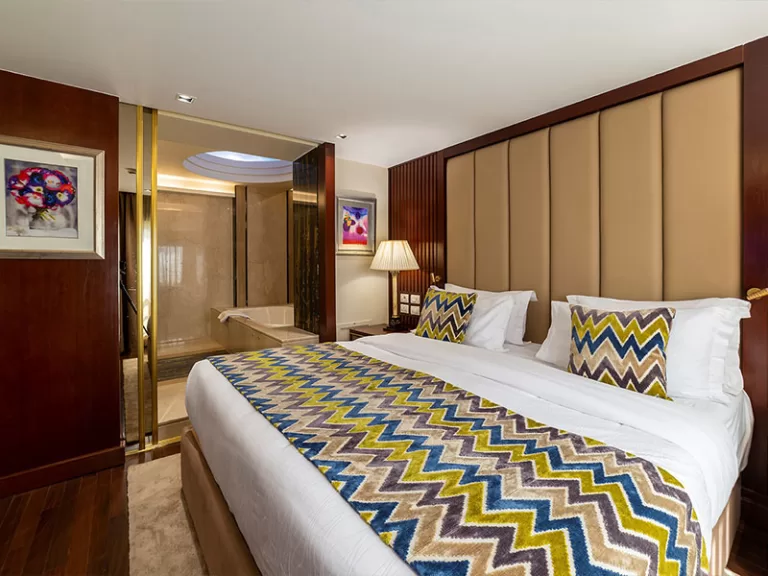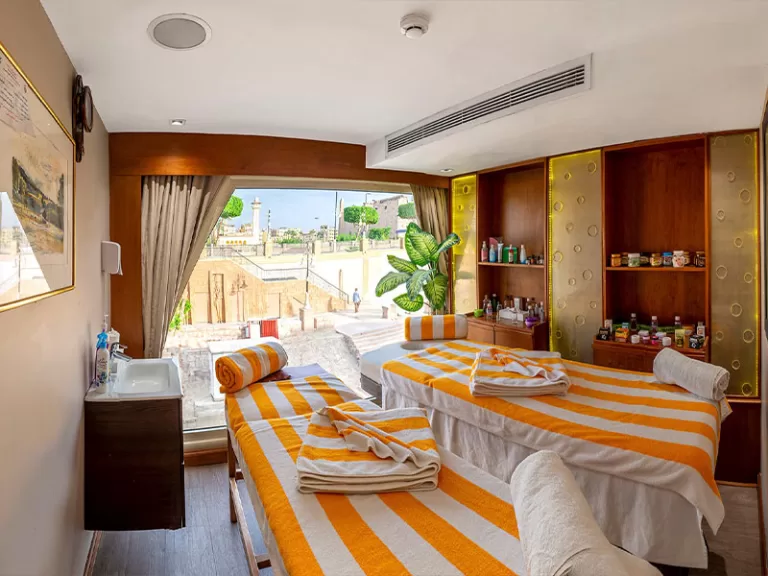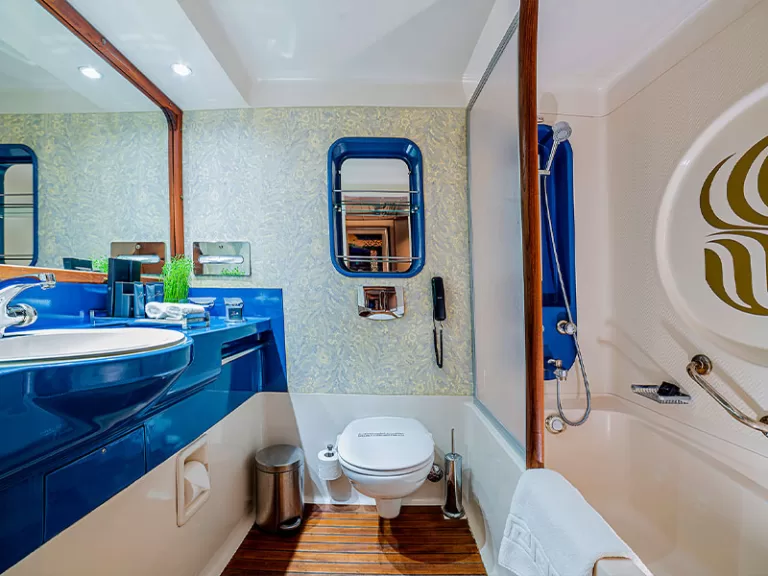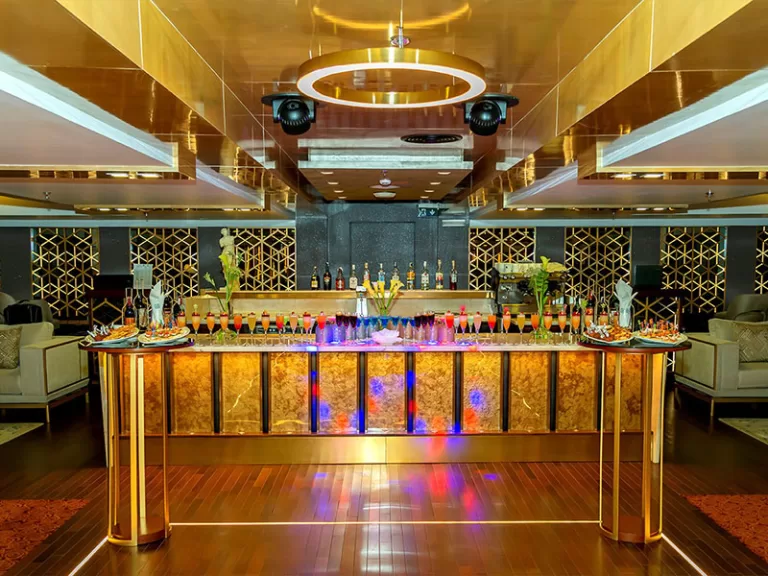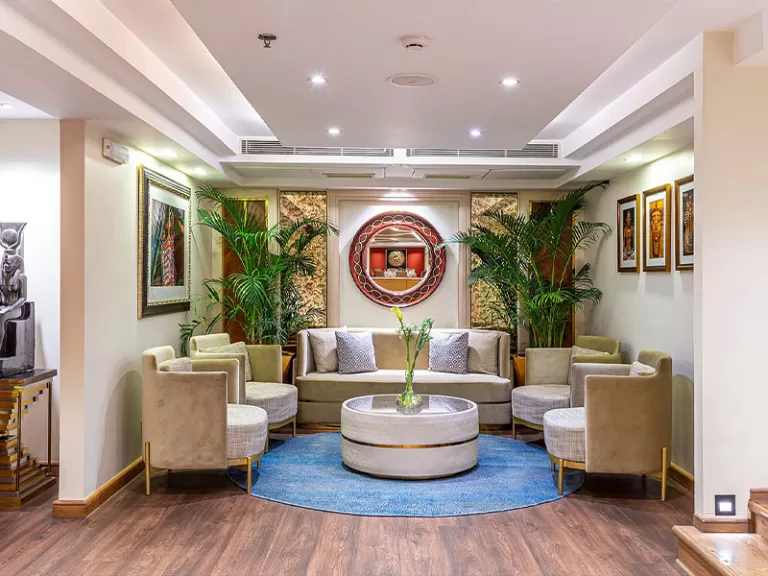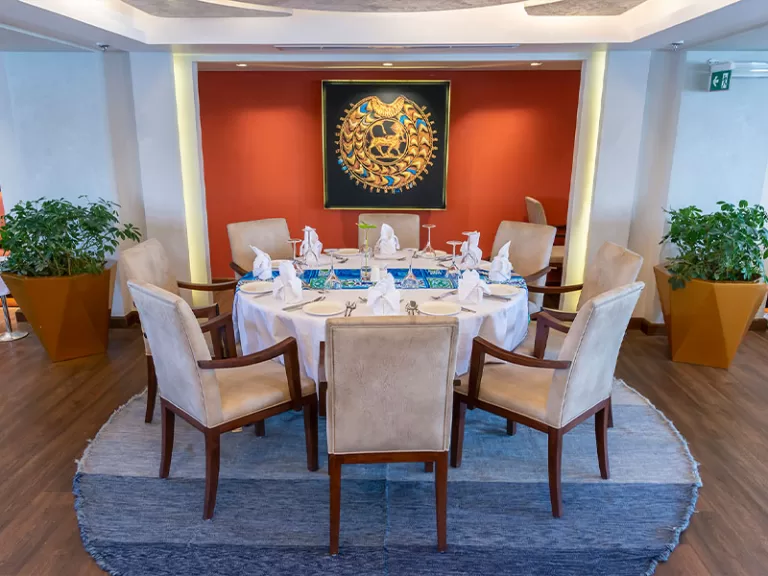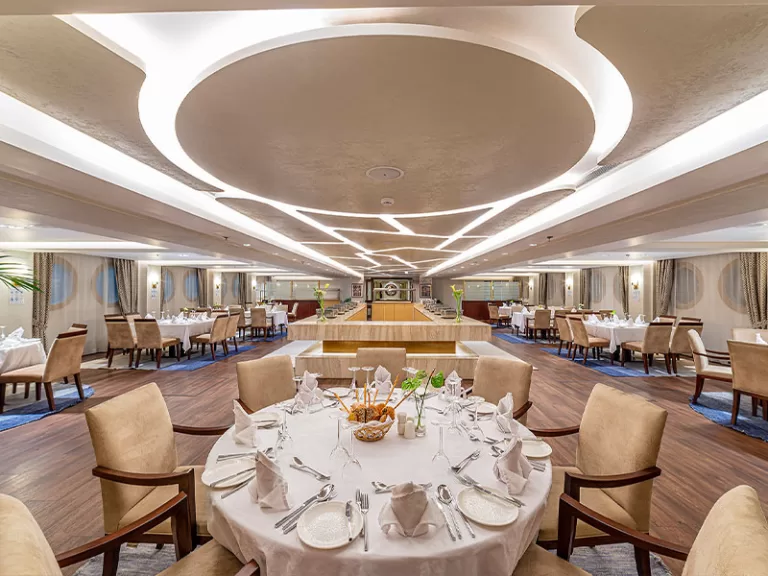
What should I wear when visiting Egypt
Are you planning a trip to Egypt and wondering what to wear? Learn about the dress code and cultural norms to help you pack appropriately

Are you planning a trip to Egypt and wondering what to wear? Learn about the dress code and cultural norms to help you pack appropriately

Explore the delicious world of Egyptian cuisine in this informative blog post. From hearty meat dishes to savory vegetarian options, learn about the unique flavors

Discover the various transportation options available for getting around Egypt with our comprehensive guide. From taxis and buses to trains and boats, we cover everything

What is the Official Language Spoken in Egypt? A Complete Guide”:
Learn about the official language in Egypt and tips for communicating with locals

Traveling to Egypt? Find out about the local currency, where to exchange money, and tips for handling money in this comprehensive guide.

Traveling to Egypt? Find out if you need a visa to enter the country, what the requirements are, and how to obtain one in this

Wondering when to visit Egypt? In this guide, we discuss the country’s climate, tourist seasons, and provide tips for choosing the best time to visit

Learn about the quality of drinking water in Egypt, health risks associated with consuming contaminated water, efforts to improve water quality, and tips for staying

If you’re planning a trip to Egypt, it’s important to understand the potential safety risks and take necessary precautions to ensure a safe and enjoyable

Top 10 Must see sites in Egypt. Most are in close proximity to each other. The rest, plan on making a day trip out of
When you Tour with us, the price you pay includes everything. Of course, you can tip individually to those you feel deserve it.
You do not have to pay to use the bathroom, however there is typically an attendant on duty. It is customary to tip these individuals a small amount. Typically 5 to 10 Egyptian Pounds (EGP)
The water in Egypt is treated, however, the amount of chlorine that is used may not be suitable for our guests. We recommend using bottle water for drinking and teeth brushing. We, along with the places we stay provide plenty of water.
Cooking standards in Egypt vary. However, the government has strict rules for must public eateries when it comes to cleanliness and food preparation. We go a step further and personally inspect and verify the facilities we take our guests to.
Yes, Cameras are allowed in most of Egypt. There are several places where cameras are not allowed and the signs will be posted. We will also remind you when we go to these places. Cell phones can be used almost everywhere as well.
Absolutely! We would be more than happy to help assist in celebrating your special occasion. Let us know well in advanced and we can help put together something special for you.
Yes! We call them excursions and we offer several optional excursions that you can choose from. Check out our Optional Excursion page to see what we offer for your trip to Egypt
Most of our guests elect to pick their choice of Optional Excursions when they book their tour, since some optional excursions have limited spaces. However, if there is space, some optional excursion can be booked up to 24 hours before the actual excursion date.
Yes, you can decide which travelers will be taking part in the optional excursions.
Internet access is growing in Egypt, with internet cafes and Wi-Fi hotspots becoming increasingly common in large cities, especially Cairo, though access may be limited in smaller town and remote areas. When you travel with Ancient Navigators WiFi access is complementary*
*where available
US dollar, pound sterling, and euro are accepted mainly in tourist areas and major cities. So generally you are expected to pay in Egyptian pounds, especially for trinkets or tipping, or in remote areas. The Egyptian pound is the official currency in Egypt and is commonly abbreviated as EGP, LE or E£. It is divided into 100 piastres or 1,000 millimes.
The cash allowed to be carried in or out of Egypt is limited to EGP 5,000 and USD 10,000 or its equivalent in other currencies. Any cash beyond the amount must be declared.
All these three currencies can be exchanged easily into EGP at the official exchange rate at any Egyptian bank, bank desk in airports, foreign exchange counter in most upper hotels, and even at the same place where you buy your entry visa upon arrival in Egypt. Some credit cards or cash cards also can be used to withdraw Egyptian pound at any ATM in Egypt. Please check with your local banks before departure.
Generally, Egypt has a desert climate, but the Mediterranean coastal areas enjoy a moderate temperature thanks to the prevailing wind. The climate features a hot season from May to October and a cool season from October to May. In the hot season, it is dry and hot in most parts of the country, and humid in the Nile Delta and Mediterranean coastal areas. So sun protection is the most important consideration for this season, especially for the fair-skinned. Pure cotton clothes and sunhats are essential. In the cool season, the weather is mild with some rain; it is bright and sunny in most days but usually cold in nights.
The most humid area lies along the Mediterranean coast. The precipitation declines sharply from north to south. It may rain once in a few years in many desert areas.
Ramadan is the ninth month of Islamic Calendar with the beginning and end marked by the astronomical new moon, so it always falls on the same day of the Islamic Calendar (a lunar calendar), but the date on Gregorian Calendar (a solar calendar) varies from year to year. It is a month of fasting, prayer, and introspection, so Muslims abstain from eating, drinking, smoking and immoral behaviors from sunrise to sunset every day. They also appreciate that non-Muslim don’t eat, drink or smoke in the public.
During Ramadan, the general pace of life in Egypt slows down compared to that in normal days. Shops, museums, and historical attractions officially close earlier before sunset. Almost all Muslims try to get home or restaurant in time for the iftar (meal to break the fast) with family or friends.
Some restaurants and cafés open only after sunset and may stop serving alcoholic beverages. While almost all tourist hotels will be completely operational, including their restaurants and bars serving meals and alcoholic drinks as usual, because many tourists love to explore this amazing country during this special month.
Houses, mosques and some streets are specially illuminated with Fanous Ramadan (special Ramadan lanterns), creating a magical atmosphere. Some hotels may hold “parties” at night with very friendly atmosphere and everyone is welcome, even though you are non-Muslim.
Thought a little inconvenient as it may be, visiting Egypt during Ramadan is truly a fantastic way to discover an important part of the Egyptian culture and enjoy the special atmosphere pervading throughout the country. The culture, the prayer and the sharing of food, everything here makes it a very rewarding experience.
Egypt is most definitely a good place to visit on a family vacation. It offers a number of museums where you can view ancient Egyptian artifacts, tombs of multiple pharaohs and many more pieces representative of Egyptian history. Of course there are also plenty of pyramids to be viewed and enjoyed by the whole family. If looking to relax, Egypt also offers a number of beaches, ideal for rounding off your Egypt vacation
The protocol does ask for men to wear long trousers as opposed to shorts, though Egyptians are used to the latter being worn and so say nothing, or little if it occurs.
The protocol does ask for women to cover bare skin as much as possible and so shoulders, especially, should be covered and a simple scarf will suffice. Again, it is advised to wear long trousers, or skirts, as legs should also be covered. Heads do not need to be covered, despite what some tourist books say, though it is a sign of respect if you do this.
You may wear whatever you like onboard the cruise but you are asked to dress for dinner. Casual but neat is acceptable, you do not have to dress formally. Swimwear is not acceptable.
When walking around the towns, dress as you would for a hot summer’s day back home. Shorts and t-shirts are actually worn by many locals.
This really depends on which site you are visiting and at what time of the day. Some offer little shade and so you should ensure that you do not have too much skin available for the sun to burn (the Giza Pyramids, in the afternoon, is a prime example of this). Temples are well shaded so you do not have to cover so much, but remember that even though they are shaded well, tombs tend to accumulate the heat from the sun as well as the many visitors, so try to wear something lightweight in them, especially cotton fabrics. Though many people like to wear open-toed sandals, please note that many of the floors are exceedingly uneven and so it can be easy to stub your toes. Ladies, please do not wear high heels; not only can you easily break them, they can also become trapped between the large stones in flooring, and you will also find you will tend to slip and slide on the stone. High heels and sand are not the best partners either as the heels will sink in (you may laugh, but many ladies do insist on wearing high heels).
Many women travel alone and have found that they have been safe. The police, tourist police, and army are always close by and the Egyptians themselves are generally safe and will try to protect solo travelers. On the whole, it is generally less safe for a solo female traveler in Egypt than places like Greece, Italy or Spain.
Although the chances of being confronted are almost negligible, please ensure that you take the same precautions that you would anywhere else and do not be tempted to walk in deserted areas alone: get a taxi back to your abode! You may receive some invitations, which on the whole are innocent, do not accept any of these from strangers.
Yes. Most places accept these nowadays, including all decent hotels and cruises. You are advised to carry cash when shopping in the many street markets (souks) through the larger malls, and street shops can accept cards. As an added note: some places that accept credit/debit cards may add a transaction surcharge- usually a small percentage of the purchase. If this is not clearly mentioned prior to closing out the transaction do not hesitate to ask.
Almost every bank has an ATM outside it, or just inside the front doors, and you will normally find that they are guarded by a policeman. Many shopping malls have stand alone ATM’s and you can also find them located along a busy pavement (sidewalk), or where two busy pavements meet. Airports and railway stations also have ATM’s. All the hotels that we stay in have ATM’s in the lobby and when on tour our Team Leader can assist you in finding nearby ATM’s if the need arises.
The electric current in Egypt is 220V. If your device ca accept this voltage than yes. The voltage in the US is 110V. You will also need an adapter so that your plug will fit into the electrical sockets in Egypt. Click on more information about Egypt Electrical outlet and plug types to learn more. Most retail stores carry the proper plug adapter.
Alcoholic beverages can be bought and consumed in Egypt. Almost all hotels, cruise ships, and higher end restaurants offer alcoholic beverages for purchase.
Even though you are coming to Egypt on a guided tour, you are free to do as you wish. In fact we encourage you to explore the area. Ask your Tour Leader for suggestions on where to go.
Yes you can. However, make sure they are in the original bottle with a clean and legible prescription label. We also recommend that you bring enough to cover your time in Egypt with extra just in case of travel delays.
If your travel plans are further out. Get on our wait list and we will let you know when future dates and pricing become available.
Sign up below to get on the wait list. You will be one of the first to be notified when reservations open up.
Required*
Not Ready to book?
Get regular updates on upcoming tour and special promotions.
